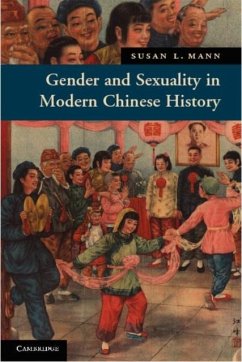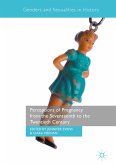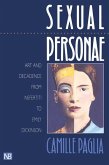Gender and sexuality have been neglected topics in the history of Chinese civilization, despite the fact that there is a massive amount of historical evidence on the subject. China's late imperial government was arguably more concerned about gender and sexuality among its subjects than any other pre-modern state. How did these and other late imperial legacies shape twentieth-century notions of gender and sexuality in modern China? Susan Mann answers this by focusing on state policy, ideas about the physical body and notions of sexuality and difference in China's recent history, from medicine to the theater to the gay bars; from law to art and sports. More broadly, the book shows how changes in attitudes toward sex and gender in China during the twentieth century have cast a new light on the process of becoming modern, while simultaneously challenging the universalizing assumptions of Western modernity.
Dieser Download kann aus rechtlichen Gründen nur mit Rechnungsadresse in A, B, BG, CY, CZ, D, DK, EW, E, FIN, F, GR, HR, H, IRL, I, LT, L, LR, M, NL, PL, P, R, S, SLO, SK ausgeliefert werden.









